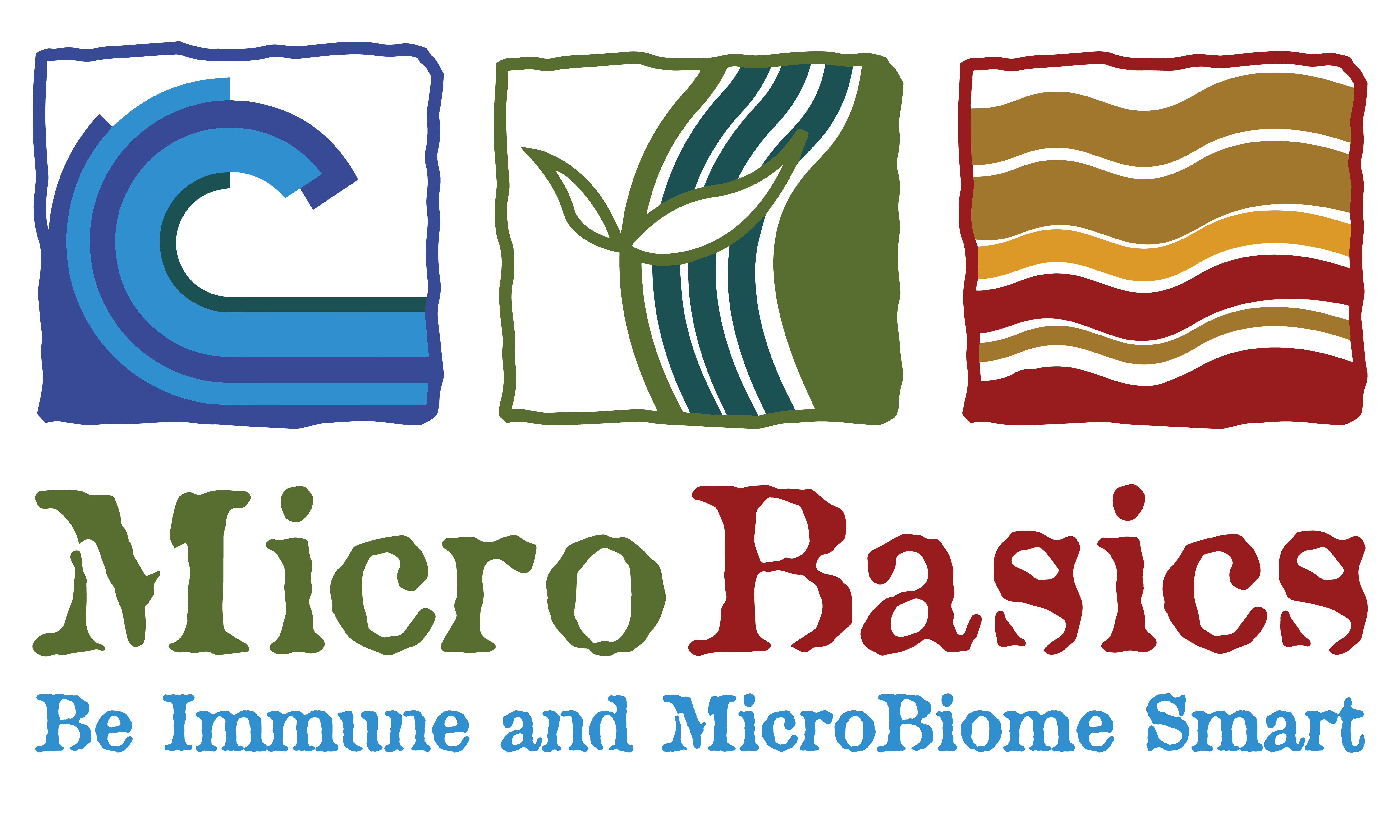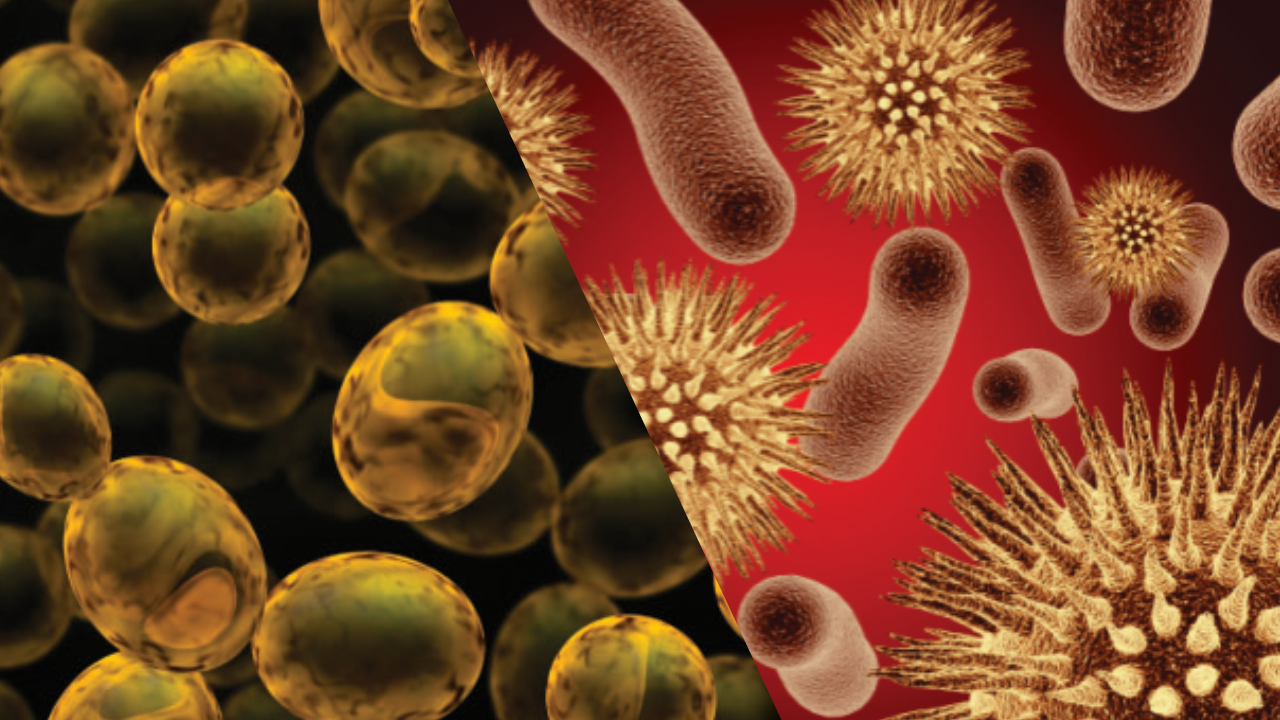Yeast and yeast derivatives have been demonstrated to have a wide range of immune enhancing benefits. It can be confusing trying to differentiate what kind of yeast is included in a feed product and understanding what it does. Let’s discuss this a little further in depth!
Whole-Live Yeast: single celled fungi.
Improved oxygen utilization in the rumen: live yeast use up the oxygen in the rumen and promote the growth of very important anaerobic bacteria and ciliate protozoa.
Improved fiber digestion: the yeast activates helpful bacteria that digest hemicellulose and cellulose.
Stabilized rumen pH: yeast stimulate the growth of lactate consuming bacteria. These bacteria use up the lactic acid in the rumen which helps to stabilize the pH at 6.2 or higher.
Improved gains and feed conversion efficiency: result of improved rumen environment, nutrient availability, and improved digestion.
Mannan Oligosaccharide (MOS): glucomannan protein complex on the outermost part of the cell wall.
Binds pathogens: mannose molecules act as binding site for pathogens.
Yeast Cell Wall: gives the yeast cell shape, composed of beta-glucan, mannoprotein, and chitin.
Binding pathogens: MOS portion of the cell wall works by binding pathogens on mannose molecules.
Activation of white blood cells: provides nutrients to increase efficiency of white blood cells.
Mitigation of negative effects of stress: pathogen binding and improved gut environment make the animal less likely to be negatively affected by stress.
Improved feed intake: result of improved gut environment and mitigated stress responses.
Yeast Extract: soluble portion of yeast cell, that provides additional nutrients to the animal.
Improved nervous system function
Improved metabolism
Production of red blood cells
Each yeast component contributes to cattle health and performance in different ways. Benefits can be claimed by feeding any one component separately or in combination with each other. Be sure to read feed labels when comparing products, and consult with your nutritionist to determine which components will have the most benefit in your feeding program!
Here at MicroBasics we utilize yeast and yeast components in our products!
Written by: Mariah Gull, M.S.

